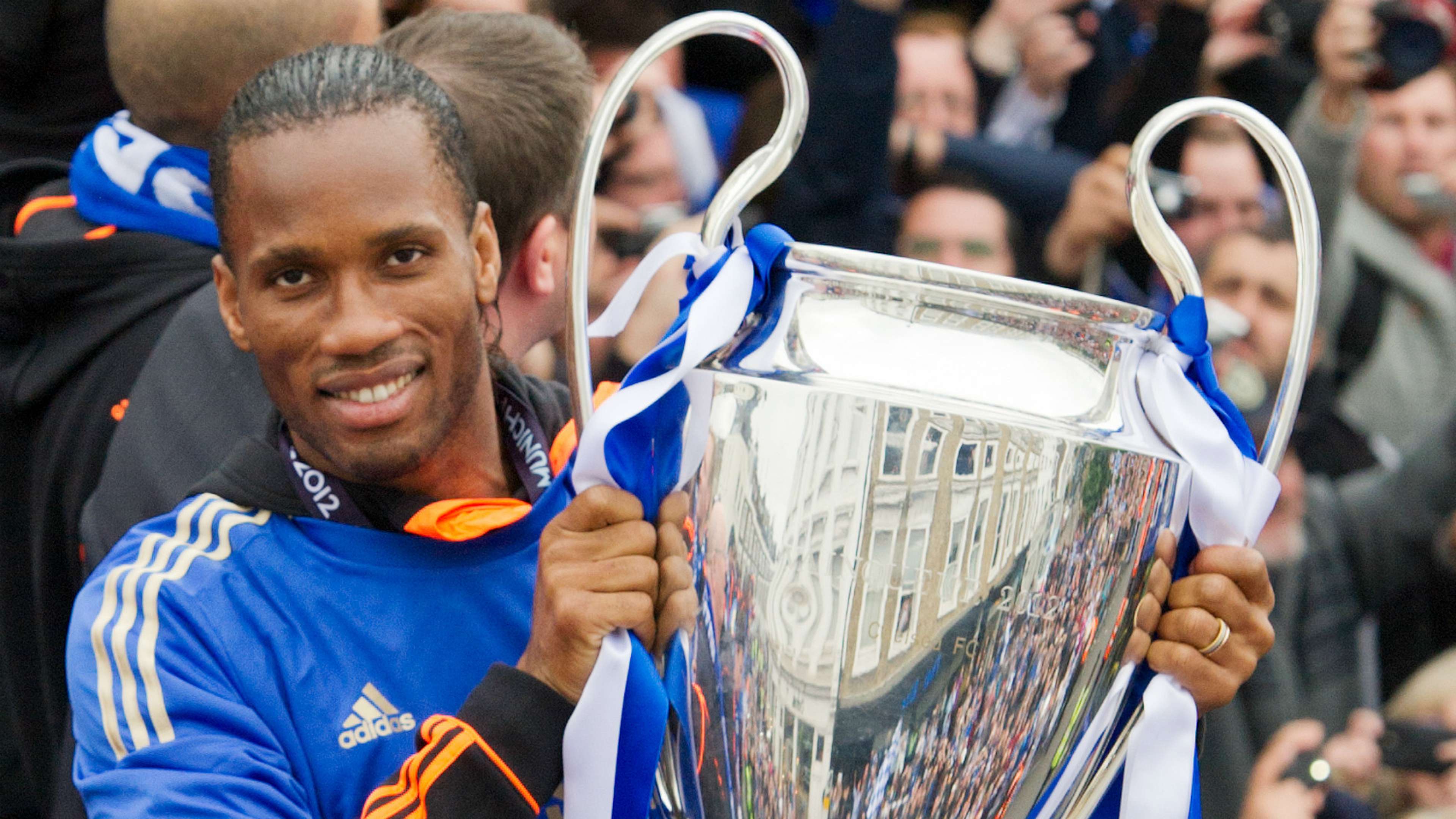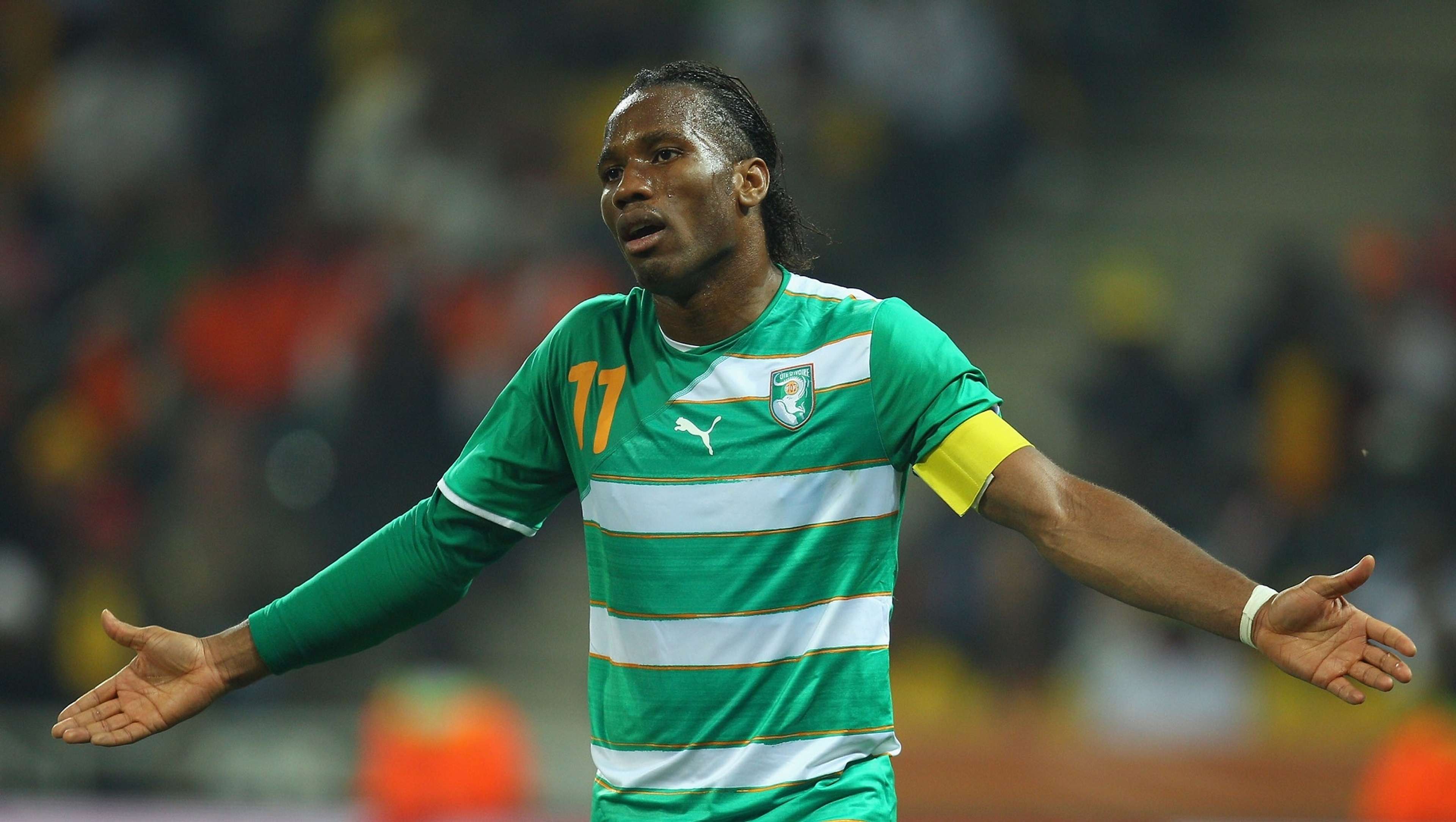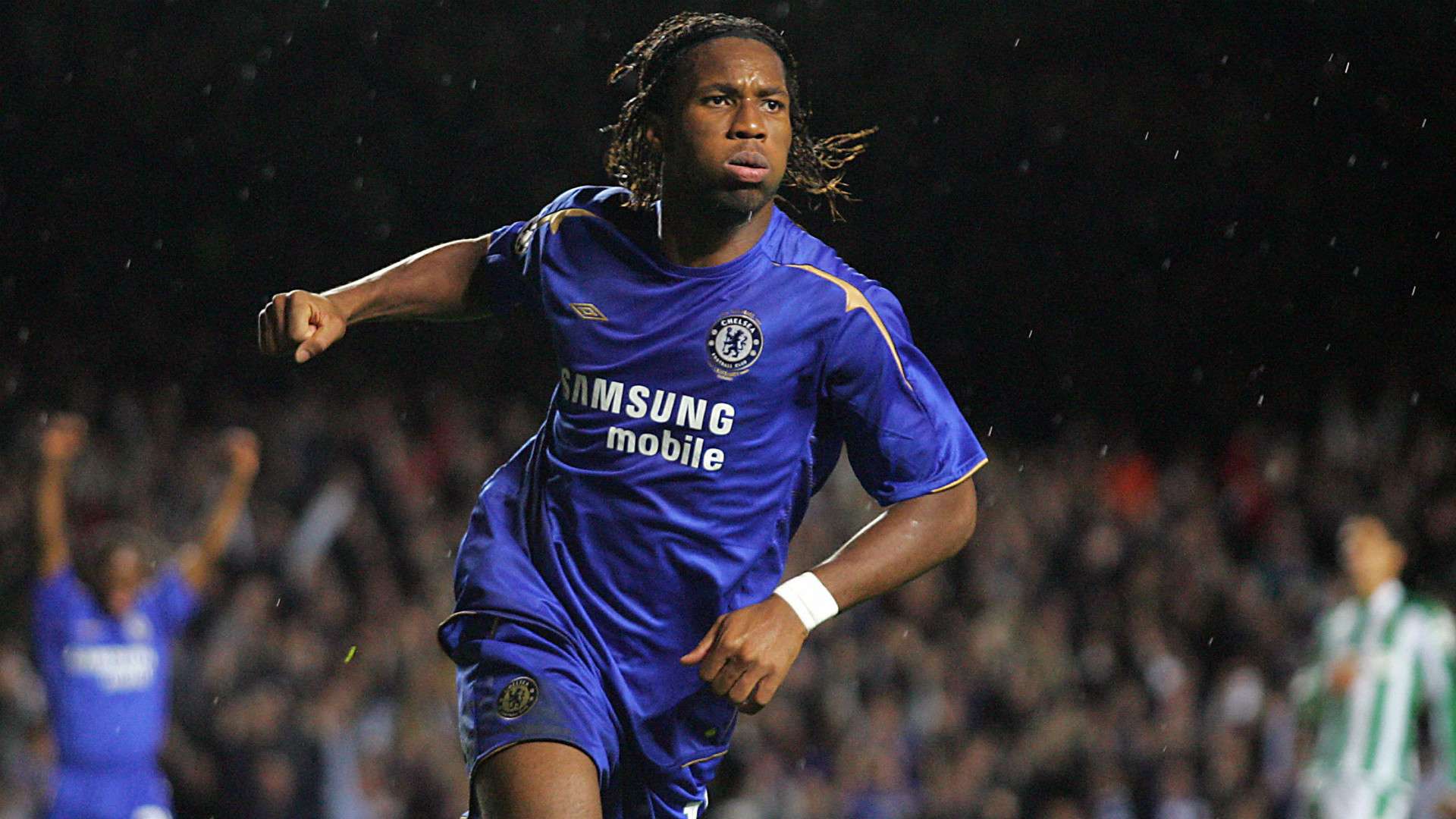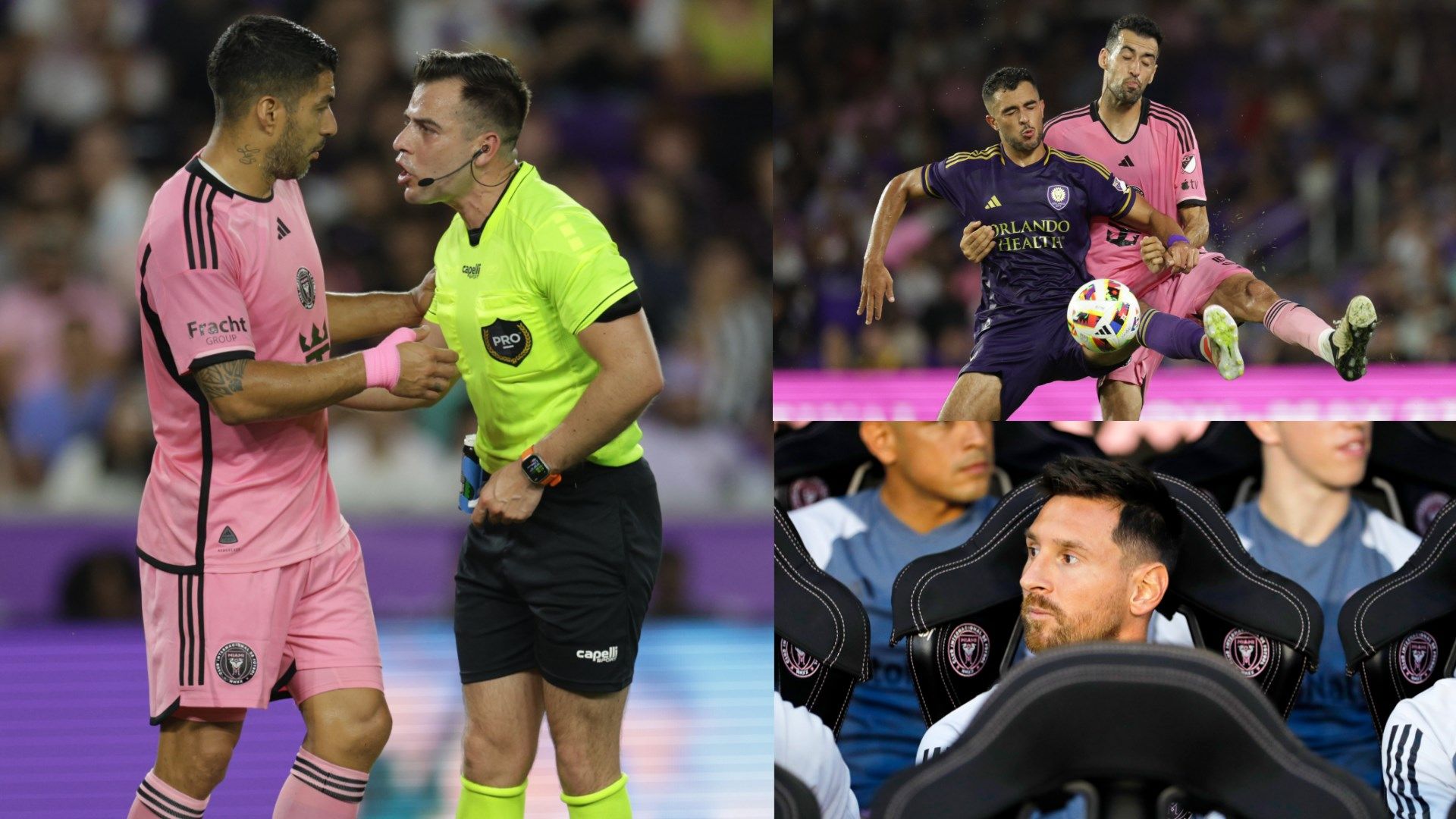Was Didier Drogba truly a world class centre-forward?
Whisper it, and when you do, make sure no Chelsea supporter is within reasonable distance, as it's a question that won't go down well in West London
It’s a suggestion no true blue wants to consider. They adore and cherish the amazing moments he brought to the club, so the notion that the former Ivory Coast star wasn’t one of the leading forwards in his heyday isn’t entertained.
In cases where this opinion is brought forward, Drogba’s record in West London is presented as a rebuttal: nine cup final goals in nine finals (including four successive FA Cup deciders and three League Cup finals), the first and only African to score 100 Premier League goals, the leading Blues scorer in the Champions League with 37 goals, while his 164 Chelsea goals sees him sit fourth in the club’s all-time scorers chart.
His 88th-minute equalizer against Bayern Munich and subsequent composure to slot home the deciding spot-kick to win the Blues their only ever Champions League crown forever put him in heart of the club’s supporters, and it probably was the pinnacle of the striker’s career.
Next Match
 Getty Images
Getty Images
The Ivorian was Chelsea’s man for the big occasions, as he not only netted in the aforementioned finals, but scored important goals in their run to those cup wins.
Be that as it may, the striker’s inconsistency in league football is seldom spoken of for someone who’s often put in the conversation with the really top strikers.
He certainly had a modest return in the league over the course of his career in West London: 10, 12, 20, 8, 5, 29, 11, 5 and 4 were the Blues legend’s tally between 2004-05 to 2011-12 and 2014-15 where he returned for a season under Jose Mourinho.
Admittedly, he was past his prime in that title-winning season under the Portuguese manager, but previous returns were far from prolific, apart from 2006-07 and 2009-10, campaigns that ended with Drogba top of the league scorers chart.
However, only two undoubted world class campaigns prove his status as a truly top striker can be argued, especially when compared with contemporary forwards like Sergio Aguero, Harry Kane, Mohamed Salah and Pierre-Emerick Aubameyang.
-
Mythbuster: Would Messi really struggle in the Premier League?
-
Mythbuster: 'Penaldo'! Are most of Cristiano's goals spot-kicks?
-
Mythbuster: Was Chelsea legend Drogba truly a world-class striker?
Indeed, it’s surprising how Yakubu Aiyegbeni, another African striker who played in the Premier League around the same time as the Chelsea man scored 95 times in the top flight, but doesn’t get anywhere near the effusive praise that’s showered on the former Ivory Coast international, despite playing for much weaker clubs.
The Blues forward scored nine more goals than the Nigerian frontman, has a similar albeit slightly better scoring ratio – a goal every 2.4 games to 2.7 for the Yak – across the same number of seasons (nine each), yet Yakubu isn’t mentioned in the same breath as his fellow African.
Drogba at Chelsea had the inexplicable ability of often playing poorly in low-profile games then turning it on against big teams, a theme that carried on in his time in Turkey with Galatasaray.
This is evidenced by his influence in the cup competitions in three of his lowest scoring league campaigns in West London, 2007-08, 08-09 and 11-12, in which he scored eight, five and five goals respectively.
In 2008, the Blues were defeated by Manchester United on penalties in the Champions League final in Moscow, and the striker received his marching orders against Sir Alex Ferguson’s troops. However, it was his double in the semi-final second-leg against Liverpool at Stamford Bridge that finally saw the five-time Premier League winners advance to their first final of Europe’s premier club competition.
 Getty
Getty
A year later under Luiz Felipe Scolari, he briefly played second fiddle to Nicolas Anelka until the Brazilian’s sacking, but ended the campaign as first choice striker with the campaign culminating in FA Cup success at Wembley – Drogba scored in the 2-1 win over Everton.
In Europe, he netted in both legs of the Round of 16 and quarter-final against Juventus and Liverpool, before firing blanks against Barcelona, leading to the Blues’ elimination.
2011-12, however, saw the Ivorian frontman show his immense knack for turning up in clutch moments: he scored a brace in Chelsea’s 3-0 final group stage win against Valencia which ensured qualification to the knockout rounds, scored one and set up another in the comeback against Napoli at the Bridge, scored the lone goal in the semi-final first-leg success over Barcelona and was the protagonist against Bayern in Munich.
Domestically, though, his tally could be counted on one hand, which ultimately proved that Drogba, while being a sensation in the big games was neither the most consistent nor reliable striker to have around.
That big-game mentality rarely translated to the international arena either, as he was unable to help the Ivory Coast's Golden Generation to a Nations Cup title nor to the knockout stages of the World Cup.
Cup competitions tend to live long in the memory owing to the high-profile nature of the encounters, as opposed to the run-of-the-mill league game against minnows, which is largely the major contributory factor for the Chelsea legend’s high standing among supporters of the club.
Truthfully, two world class seasons from eight – nine if his return as a backup in 2014 is added – isn’t good enough and doesn’t demonstrate the qualities and expected return of a world class frontman.
Maybe he was top class and maybe he wasn’t, but Drogba’s legacy at Stamford Bridge is unlikely to be sullied no matter the facts presented…and perhaps that’s all that truly matters.




.jpg?auto=webp&format=pjpg&width=640&quality=60)


